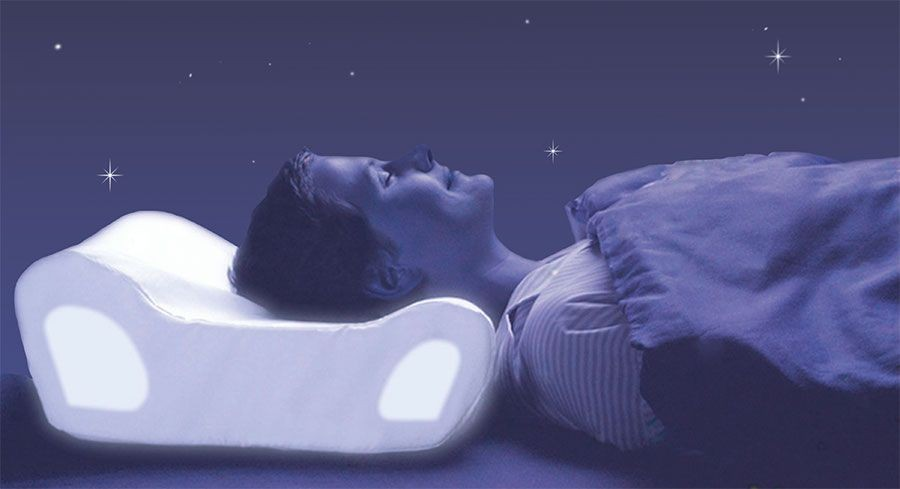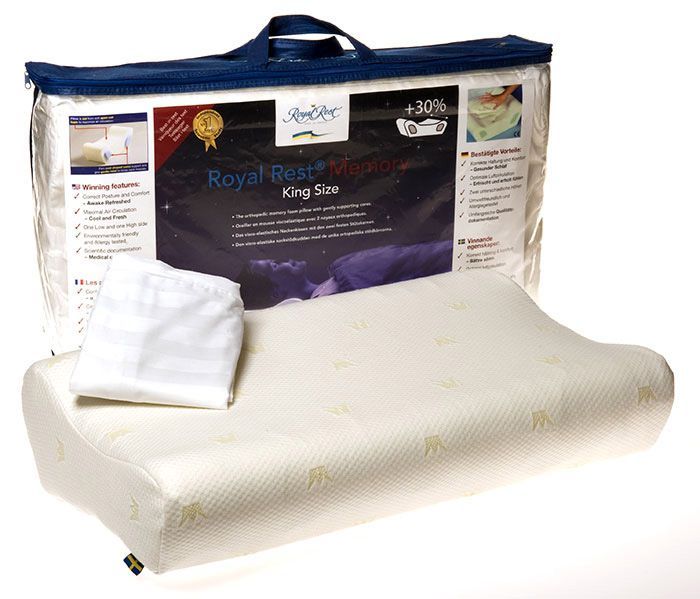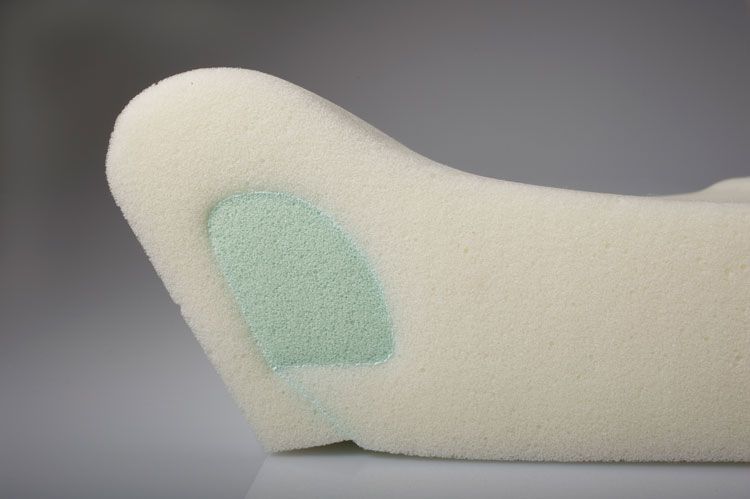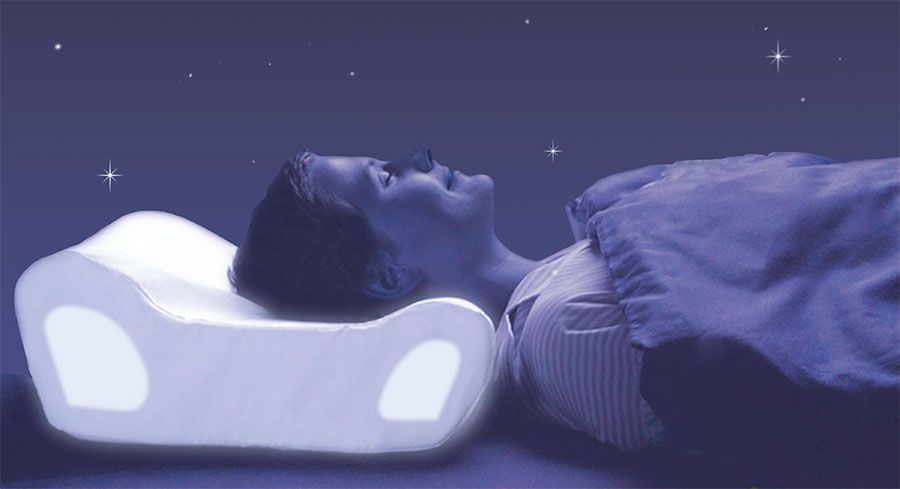Overcoming Sleep Troubles: Effective Support and Solutions
Are you tossing and turning each night, yearning for a good night’s rest that seems ever elusive? Sleep troubles, an issue plaguing countless individuals across the UK, can turn what should be hours of rejuvenation into a nightly struggle. Whether it’s the inability to fall asleep, waking up feeling unrested, or experiencing disruptive sleep patterns, these problems can significantly impact your daily life. Fortunately, understanding the nature of sleep disorders and exploring effective solutions can pave the way to restful nights and energetic days.
Have you ever wondered why the seemingly simple act of sleeping can become such a monumental challenge?
Understanding Sleep Disorders
Sleep disorders are more common than you might think and can have a profound effect on your overall wellbeing. They affect millions of people worldwide and can disrupt your daily routine, mood, and even physical health. Experts classify these disorders based on their symptoms and underlying causes, recognising that each type presents unique challenges.

The National Health Service (NHS) provides valuable resources to help you understand sleep issues better. Recognising the importance of sleep for overall health, the NHS offers guidelines and support for those struggling with sleep disorders. Despite this, many people remain unaware of their condition, attributing their symptoms to stress or lifestyle factors without seeking a proper diagnosis.
Common sleep disorders include insomnia, sleep apnoea, and restless legs syndrome, among others. Each comes with its own set of symptoms, such as difficulty sleeping, excessive daytime sleepiness, and frequent awakenings. It's crucial to understand these symptoms and seek professional help if you suspect a sleep disorder.
Research continues to highlight the critical role of sleep in maintaining mental and physical health. Not only does the amount of sleep you get matter, but the quality of that sleep is equally important. Poor sleep can lead to a host of health issues, including weakened immunity, weight gain, and even mental health disorders.
Common Types of Sleep Disorders
Several types of sleep disorders can affect your ability to get a restful night’s sleep. Insomnia is perhaps the most well-known, plaguing many with persistent sleeplessness that can lead to chronic fatigue and decreased productivity. This disorder often stems from stress, anxiety, or poor sleep habits, and addressing these underlying issues can help alleviate symptoms.
Sleep apnoea is another common disorder that interrupts breathing during sleep. It can be classified into obstructive sleep apnoea, where the airway collapses or becomes blocked, and central sleep apnoea, where the brain fails to send appropriate signals to the muscles that control breathing. Both types require medical intervention, as untreated sleep apnoea can lead to serious health complications.
Narcolepsy causes sudden daytime sleepiness and can significantly disrupt your daily life. This disorder is characterised by an overwhelming urge to sleep, often at inappropriate times, and may be accompanied by sudden muscle weakness.
Restless legs syndrome triggers discomfort in the legs, often described as tingling or itching, with an irresistible urge to move them. This sensation typically occurs in the evening or nighttime hours when you’re trying to rest.
Parasomnias, including sleepwalking and night terrors, involve unusual behaviours during sleep. These disorders can be frightening and dangerous, as they may lead to injuries or disrupt your sleep patterns.
Symptoms of Sleep Disorders
Identifying the symptoms of sleep disorders is the first step towards finding a solution. Daytime fatigue is a common indicator that you may not be getting adequate rest at night. If you find yourself nodding off during meetings or struggling to stay awake during daily tasks, it's time to evaluate your sleep patterns.
Difficulty concentrating and memory problems are often linked to poor sleep. When you're not getting the rest you need, your brain doesn't have the chance to recharge, leading to foggy thinking and forgetfulness. These symptoms can severely impact your work and personal life.
Mood changes are another red flag. Sleep disorders can lead to irritability, anxiety, and even depression. If you notice that you're more irritable than usual or that your emotions are swinging wildly, it could be a sign that your sleep is suffering.
Loud snoring might be more than just an annoyance to your partner; it could indicate sleep apnoea. While many people snore occasionally, persistent loud snoring accompanied by gasping or choking sounds should be evaluated by a healthcare professional.
Frequent waking during the night disrupts your sleep cycle and prevents you from reaching the deeper, restorative stages of sleep. If you find yourself waking up multiple times, it's worth investigating the cause to get back to restful slumber.
Diagnosis and Tests for Sleep Disorders
When it comes to diagnosing sleep disorders, your doctor will begin by assessing your symptoms and reviewing your medical history. This initial evaluation helps identify any underlying medical conditions that could be contributing to your sleep problems.
A sleep study is often recommended to provide detailed insights into your sleep patterns. Conducted in a sleep lab, this test monitors various bodily functions during sleep, such as brain activity, eye movement, and heart rate. The results can help pinpoint specific disorders and guide treatment options.
For those who prefer the comfort of their own bed, home sleep tests offer a convenient alternative. These devices monitor fewer parameters than a lab study but can still provide valuable information about conditions like sleep apnoea.
Polysomnography is a comprehensive test that measures multiple physiological factors during sleep. It’s particularly useful for diagnosing complex sleep disorders and can provide a wealth of information about your sleep quality and disturbances.
The multiple sleep latency test evaluates daytime sleepiness by measuring how quickly you fall asleep in a quiet environment during the day. This test is often used to diagnose narcolepsy and assess the severity of excessive daytime sleepiness.
Treatment Options for Sleep Disorders
Once a sleep disorder is diagnosed, various treatment options can help manage symptoms and improve your sleep quality. Cognitive behavioural therapy (CBT) is a highly effective treatment for insomnia, focusing on changing negative thoughts and behaviours that contribute to sleeplessness.
For those with sleep apnoea, continuous positive airway pressure (CPAP) therapy is a common treatment. This device keeps your airway open during sleep, preventing interruptions in breathing and improving overall sleep quality.
Medication can be prescribed to manage specific sleep disorders, such as insomnia or restless legs syndrome. While these drugs can be effective, they should be used under the guidance of a healthcare professional to avoid dependency and side effects.
Lifestyle changes can also have a significant impact on your sleep. Establishing good sleep habits, like maintaining a regular sleep schedule and creating a relaxing bedtime routine, can enhance your sleep quality.
In some cases, therapy may be necessary to address underlying psychological issues contributing to sleep disorders. This approach can help you develop coping strategies and reduce stress and anxiety, leading to better sleep.
Medications for Sleep Disorders
When lifestyle changes and therapy aren't enough, medication may be required to manage sleep disorders. Prescription sleep aids can be effective in promoting better rest but should be used cautiously and under medical supervision.
Antidepressants are sometimes prescribed to alleviate symptoms of sleep disorders, particularly when these conditions are linked to depression or anxiety. These medications can help improve mood and reduce sleep disturbances.
Melatonin supplements may be recommended for regulating sleep-wake cycles, particularly for those with circadian rhythm sleep disorders. This natural hormone helps signal to your body that it's time to sleep and can be a useful tool for adjusting your sleep patterns.
Doctors closely monitor the effects of medication to ensure safety and efficacy. Regular follow-ups are important to assess the ongoing need for medication and adjust dosages as necessary.
Pharmacists can provide valuable guidance on the proper use of sleep medications, including potential interactions with other drugs and lifestyle factors that may influence their effectiveness.
Support and Resources for Individuals with Sleep Disorders
Living with a sleep disorder can be isolating, but support is available. Support groups offer a sense of community and understanding, allowing you to share experiences and learn from others facing similar challenges.
Online forums connect individuals with shared experiences, providing a platform to discuss symptoms, treatments, and coping strategies. These communities can be a source of comfort and encouragement.
Sleep clinics provide specialised care and advice tailored to your specific needs. These facilities offer comprehensive evaluations and treatment plans to help you achieve better sleep.
The NHS website offers a wealth of information on sleep disorders, including expert advice and sleep tips. This resource can help you understand your condition and explore potential treatment options.
Mental health resources are also crucial for coping with sleep issues. Stress and anxiety often accompany sleep disorders, and seeking support from a mental health professional can provide relief and improve your sleep quality.

Lifestyle Changes to Improve Sleep Quality
Simple lifestyle changes can make a world of difference in improving your sleep quality. Maintaining a consistent sleep schedule helps regulate your body's internal clock, making it easier to fall asleep and wake up naturally.
Relaxation techniques, such as deep breathing or meditation, can prepare your body for rest. Taking time to unwind before bed can help reduce stress and signal to your body that it's time to sleep.
Regular exercise promotes better sleep quality by helping to regulate your circadian rhythm. Aim for at least 30 minutes of moderate activity most days of the week, but avoid vigorous exercise close to bedtime.
Limiting screen time before bed is crucial for a good night's sleep.
The blue light emitted by screens can interfere with your body's natural sleep-wake cycle, so try to power down electronic devices at least an hour before bed.
Creating a comfortable sleep environment is essential for restful sleep. Invest in a good mattress and pillows, keep your bedroom cool and dark, and eliminate any noise or distractions that might disrupt your sleep.
In summary, tackling sleep troubles involves understanding the nature of sleep disorders, recognising symptoms, and exploring a range of treatment options. From medical interventions to lifestyle changes, various strategies can help you achieve better sleep. Remember, you're not alone in this journey, and support is always within reach.
Choosing the right pillow
If you're experiencing restless nights, frequent aches, or waking up feeling anything but refreshed, your pillow might be playing a bigger role than you think.
While it’s easy to blame stress or lifestyle for poor sleep, many sleep disorders are made worse - or even caused - by poor pillow support. An orthopaedic pillow is more than just a comfort upgrade; it’s a tool for improving your sleep posture and reducing common issues like neck pain, back discomfort, and even headaches.
Unlike standard pillows, orthopaedic designs cradle the natural curves of your neck and spine, promoting better alignment and easing pressure points. This can lead to deeper, more restorative sleep—something especially important for those dealing with insomnia or disrupted sleep patterns. Plus, the right pillow will vary depending on your sleep position: back sleepers benefit from contoured or cervical pillows, side sleepers need firmer, thicker support, and stomach sleepers are better off with a very thin pillow—or none at all.
If you’ve tried everything else to fix your sleep, changing your pillow might just be the simple switch that makes all the difference.
Frequently Asked Questions
How can I improve my sleep quality?
To improve your sleep quality, try establishing a regular sleep schedule, creating a relaxing bedtime routine, ensuring your sleep environment is comfortable and dark, avoiding stimulants like caffeine and electronic devices before bed, and practicing relaxation techniques such as deep breathing or meditation.
What are some common causes of sleep troubles?
Common causes of sleep troubles include stress, anxiety, poor sleep hygiene, medical conditions such as sleep apnea or insomnia, medications, caffeine consumption, and environmental factors like noise or light disturbances.
Should I consult a healthcare professional for my sleep troubles?
If you are experiencing chronic sleep troubles that significantly impact your daily life, it is advisable to consult a healthcare professional. They can help identify the underlying causes of your sleep issues and provide effective support and solutions tailored to your specific needs.
What are some natural remedies for improving sleep quality?
Some natural remedies for improving sleep quality include herbal teas like chamomile or valerian root, aromatherapy with lavender essential oil, relaxation techniques such as progressive muscle relaxation, and incorporating sleep-promoting foods like bananas, almonds, or warm milk into your bedtime routine.
How can technology help me overcome sleep troubles?
Technology can help you overcome sleep troubles by providing tools and resources such as sleep tracking apps, white noise machines, smart sleep devices that monitor your sleep patterns, and light therapy lamps that can help regulate your circadian rhythm and improve your sleep quality.








